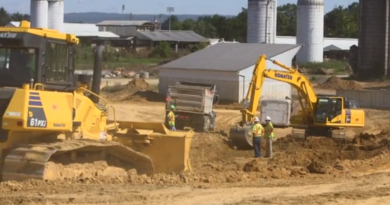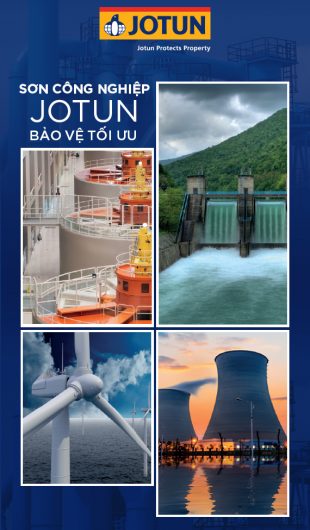Command Alkon CEO Talks Tech Transformation In Construction
Command Alkon CEO Talks Tech Transformation In Construction
As the world population continues to grow, so does the demand for scalable infrastructure. Even so, the construction industry has been viewed as slow to adopt digital innovation, and this can impact worker safety, labor-productivity and profits.

As I was preparing to interview Phil Ramsey, the president and CEO of Command Alkon, a global leader in integrated solutions for construction and bulk materials, I learned that he has a plan for reinventing the industry by bridging the technology gap. One major issue that Ramsey sees is that construction project stakeholders, such as ready-mix concrete producers, bulk materials haulers, aggregate suppliers, contractors, project owners, or Departments of Transportation, have been using several incompatible software platforms, which leaves opportunity for improving efficiency with time and materials.
To improve efficiency Ramsey and Command Alkon are working to increase collaboration and the decision-making process across the construction industry by bringing different roles together through their solution called Connex. Ramsey said that in a short time the platform has generated over $102 million in cost savings across 150+ projects.
Ramsey, with 38 years of experience with software and hardware solutions, has said that creating an interdependent environment for the construction industry will fill the gap for global infrastructure investment, which is continuing to decrease by $350 billion annually across the G20, and help to enable continued global economic growth.
Secondary Effects
Implementing new technology will help to transform the industry in other ways, too, Ramsey said, especially as a recruiting tool for Millennials and Gen-Z. This is critical in an industry with a difficult labor market and a shortage of qualified workers.
Another effect of digitization in construction is conserving materials. By integrating the supply chain, the 40 manual touch points required per material ticket (300+ million material tickets annually in the U.S.) can be automated into a select few. And, with real-time data, there is greater transparency showing how much product or material should be produced, which allows the industry to allocate resources more efficiently.
The Results
Over the next ten years, the construction industry will see a $1.6 trillion boost by investing in improving productivity performance and will add about 2% to the global economy (half the world’s need for infrastructure).
There is already talk that digital technology that makes collaboration and joint decision-making easier can and should be used in industries beyond construction. This kind of leadership may have a broad impact throughout the world.
Source: forbes.com









